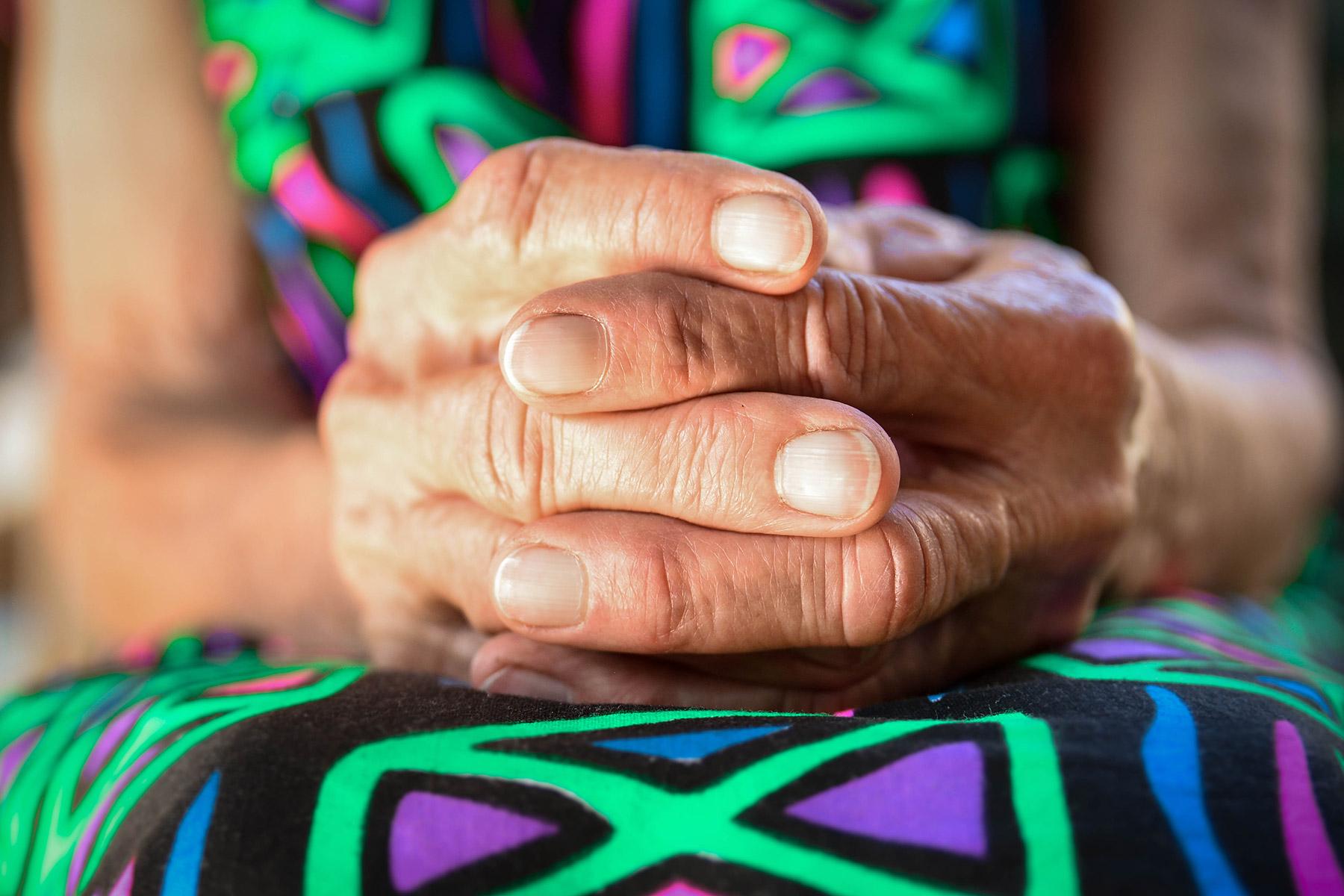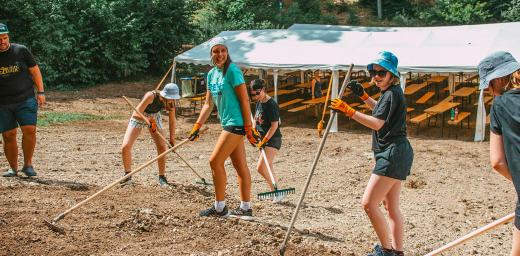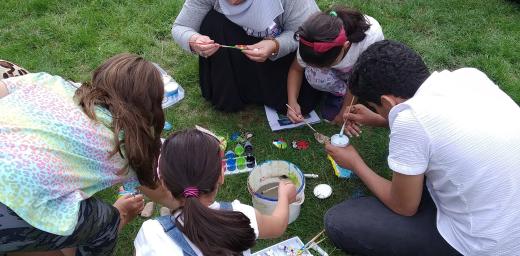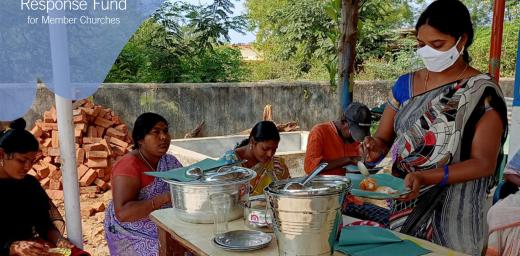COVID-19: United in prayer for humanity

The prayer on 14 May will bring people of different faiths together, for the good of humanity. Photo: Claudia van Zyl on Unsplash
LWF joins Pope Francis and Grand Imam of Al-Azhar in call to global prayer on 14 May
(LWI) - LWF President Archbishop Panti Filibus Musa and General Secretary Rev. Dr Martin Junge have joined Pope Francis and the Grand Imam of Al-Azhar in a call for a worldwide prayer of believers of all religions on 14 May.
"Our world is facing a great danger that threatens the lives of millions of people around the world due to the growing spread of the coronavirus (COVID-19) pandemic," says the letter of invitation from the Higher Committee of Human Fraternity which is extended to all religious leaders and peoples around the world.
The invitation continues with a call to believers, that they implore God "to lift this pandemic off us and the entire world, to rescue us all from this adversity, to inspire scientists to find a cure that can turn back this disease, to save the whole world from the health, economic, and human repercussions of this serious pandemic."
The Committee was founded following the signing of a joint document by Pope Francis and the Grand Imam Dr Ahmad Al-Tayyeb in February 2019 at a conference on Human Fraternity in Abu Dhabi, the capital of the United Arab Emirates. Headed by a group of leaders and scholars of different faiths, the committee works to put in place the goals of religious tolerance and peaceful coexistence set out in the joint document.
The LWF President and General Secretary welcomed the call to prayer, which "brings people of different faiths together, for the good of humanity," said President Musa and General Secretary Junge.
"The world needs unity and solidarity across borders to respond to the COVID-19 pandemic. In addition to humble prayer and supplication to God, our faiths inspire us to persevere in supporting one another, health workers, and scientists who are working tirelessly for medical solutions."
Photo by Claudia van Zyl on Unsplash





